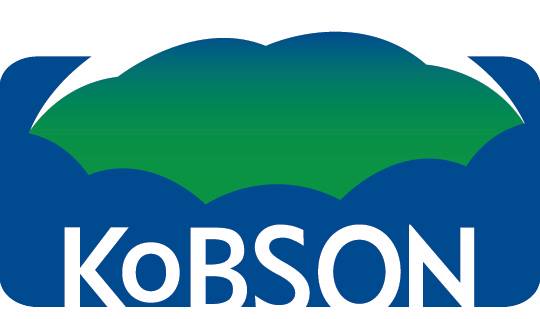ISSN: 1451-4117
E-ISSN: 1821-31977
Volume 2 number 3, pages: 51 - 56
There are many factors that influence the quality of interpersonal relations in an organization and the characteristics of the executive personally are of major influence. In accordance with that, the aim of this research was to determine to what extent the characteristics of personality significantly influence the quality of interpersonal relations. The results were acquired on the basis of the research performed in a considerable size organization. A large number of executives and members of the collective was tested. During the research we used the Test of personality (NEO-PR) and the Scale of assessment of the quality of interpersonal relations (SPKIO-02). By factors analysis the structure of interpersonal relations has been determined, and then by means of multi variant regression the features of the personality of an executive are determined that are of the major influence on the differentiated factors of quality of interpersonal relations.
1. (1996) Menadžment. Beograd: Fakultet organizacionih nauka / FON
2. Adižes, I. (1991) Upravljanje promenama - moć uzajamnog poštovanja i poverenja u privatnom i porodičnom životu, poslu i društvu. Novi Sad: Prometej
3. Bojanović, R.Ž. (1988) Psihologija međuljudskih odnosa. Beograd
4. Horni, K. (1976) Naši unutrašnji konflikti. Podgorica-Titograd: Pobjeda
5. Kreč, D., Kračfild, R.S., Balaki, I. (1972) Pojedinac u društvu. Beograd: Zavod za udžbenike i nastavna sredstva
6. Mihailović, D.M. (2000) Psihologija organizacije. Beograd: Fakultet organizacionih nauka / FON
7. Momirović, K. (1997) Prilog poznavanju stvarnih metrijskih karakteristika aktuelne operacionalizacije modela 'Big Five'. Psihologija, vol. 30, br. 1-2, str. 41-48
8. Rajkov, M.S., Sajfert, Z. (1996) Ljudska strana menadžmenta. Beograd: Fakultet organizacionih nauka / FON
9. Rot, N. (1994) Osnovi socijalne psihologije. Beograd: Zavod za udžbenike i nastavna sredstva
10. Zvonarević, M. (1985) Socijalna psihologija. Zagreb: Školska knjiga







